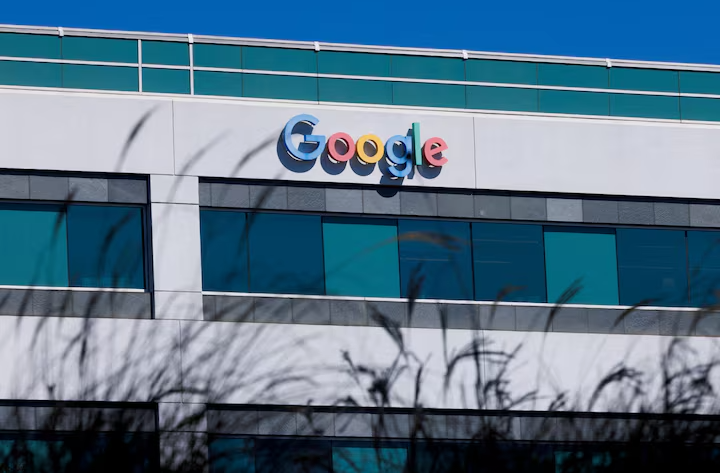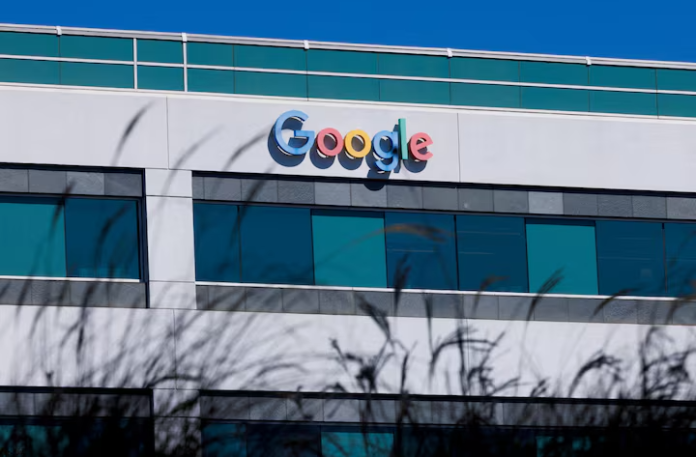In a significant win for Google, a U.S. federal judge has blocked a class action lawsuit that accused the tech giant of secretly collecting personal data from Chrome users — even when those users had not turned on browser sync.
The ruling, handed down on Monday, June 10, by Judge Yvonne Gonzalez Rogers in Oakland, California, means that individual Chrome users will now have to sue separately if they believe their data was misused. The judge agreed with Google’s argument that assessing whether users gave “implied consent” for data collection would require individualized scrutiny for millions of users.
What Was the Lawsuit About?
The plaintiffs claimed that Google collected personal information from people using the Chrome browser — despite promises in its privacy policy suggesting otherwise. The browser’s policy had stated that users didn’t need to provide personal information to use Chrome, and that such data would only be collected if users enabled the “sync” feature with their Google accounts.
However, users argued that even without turning on sync, their data was still being captured. This sparked outrage, leading to a class action lawsuit seeking damages and policy changes.
Why the Case Was Dismissed
Judge Rogers ruled that the issue of consent was too complex to be handled collectively. She explained that determining whether each user understood and agreed to Google’s data practices would overwhelm the court and make it impossible to fairly determine damages for everyone.
She dismissed the case with prejudice, which means it cannot be refiled as a class action. Additionally, Chrome users were denied the ability to pursue changes to Google’s policies as a group.
What Google Had to Say
Sandi Knight, Google’s vice president of litigation, welcomed the ruling. “Chrome Sync has clear privacy controls,” she said, emphasizing that Google provides users with transparent options to manage their data.

Meanwhile, the lawyer representing the plaintiffs, David Straite, declined to comment.
Context: Google’s Ongoing Privacy Struggles
This isn’t the first time Google has faced legal trouble over its data collection practices. In April 2023, the company agreed to destroy billions of data records to settle a lawsuit over tracking users in “Incognito Mode.” That case alleged that Google misled users into believing they were browsing privately.
The recent class action had originally been dismissed in 2022, but was revived in August 2024 by a federal appeals court, which asked Judge Rogers to take a deeper look at whether Chrome users gave reasonable consent to data tracking.
However, this latest decision effectively closes the door on collective legal action — at least for now.



